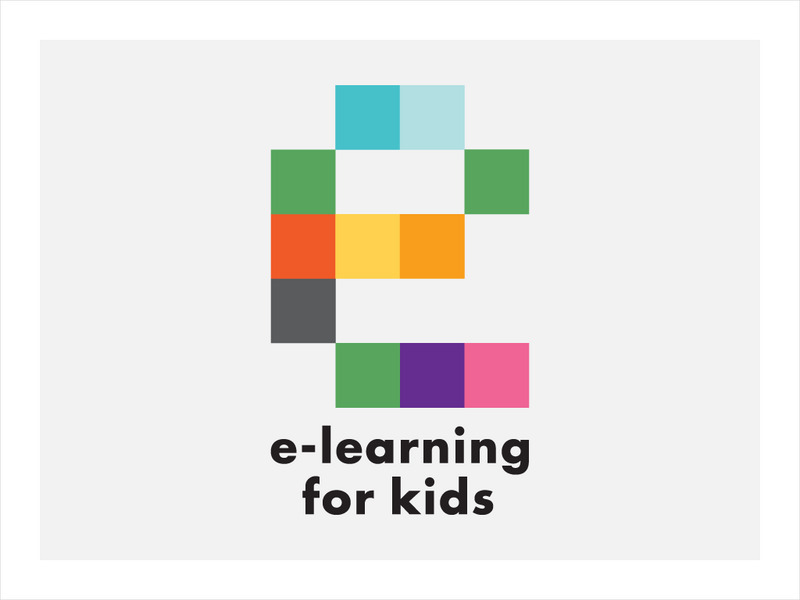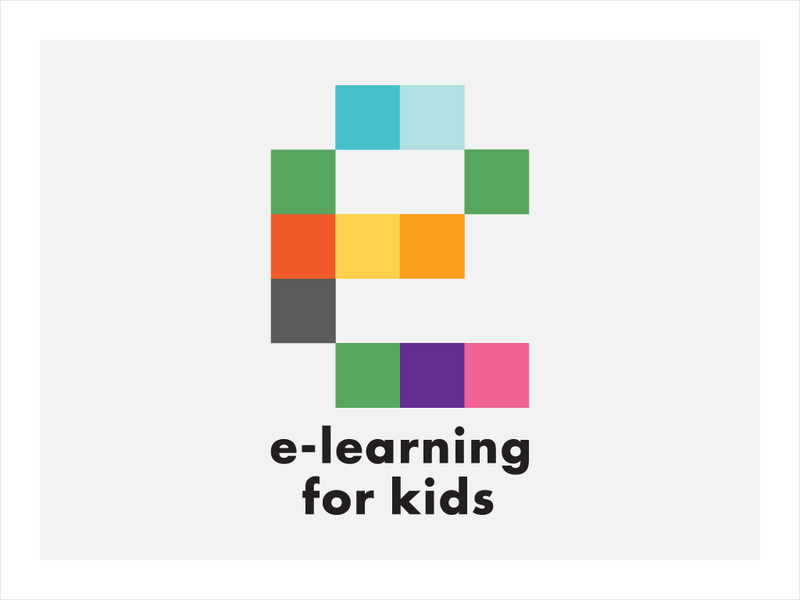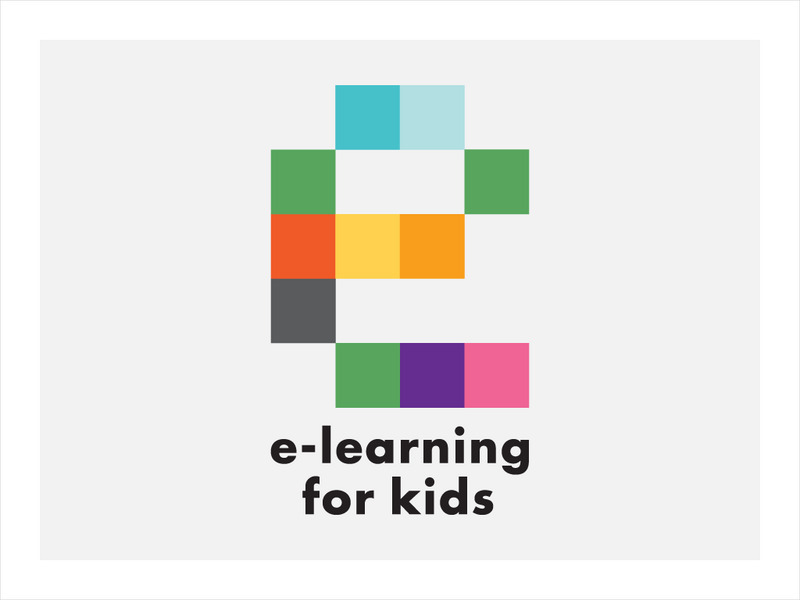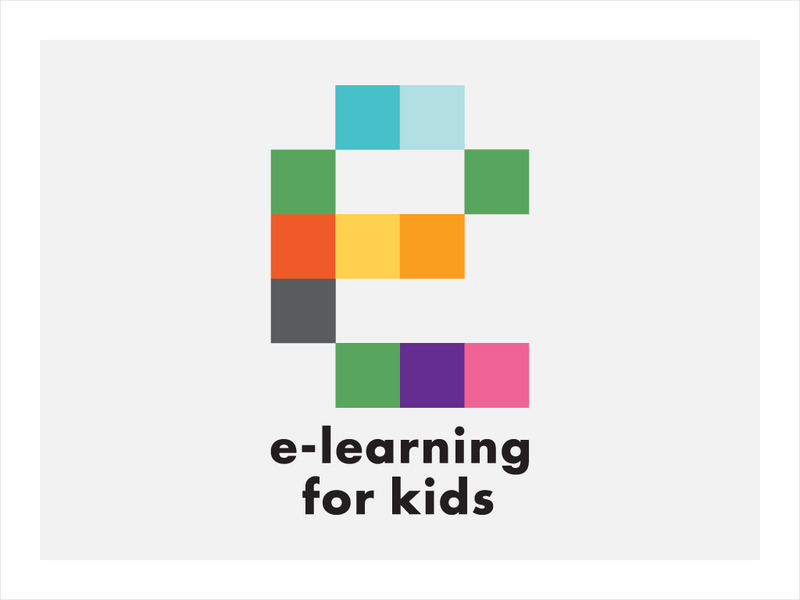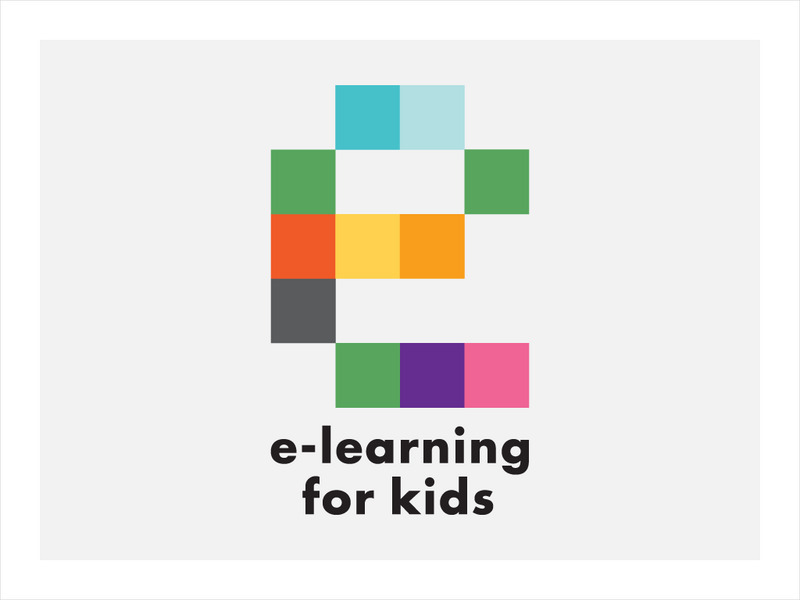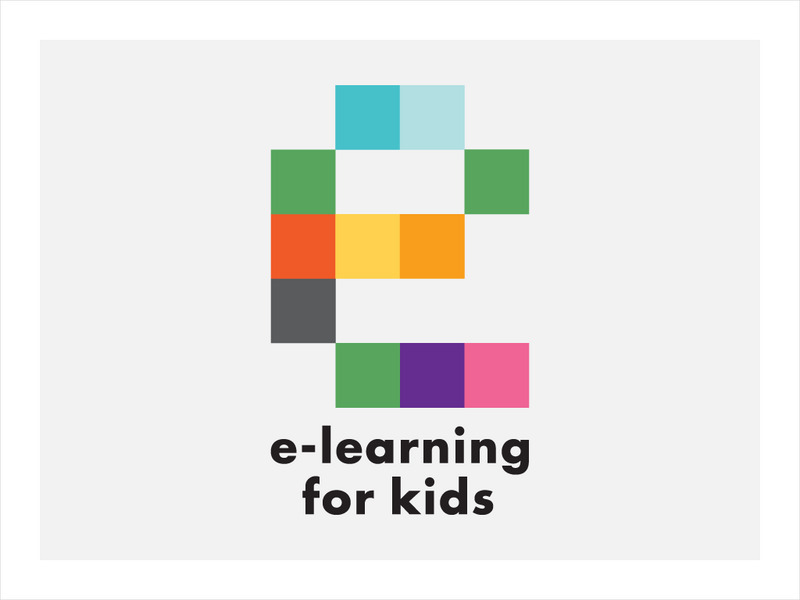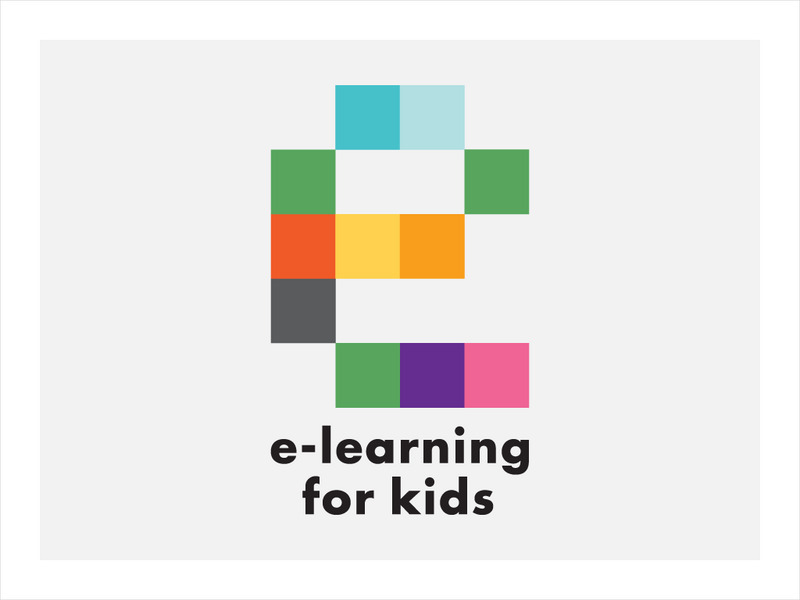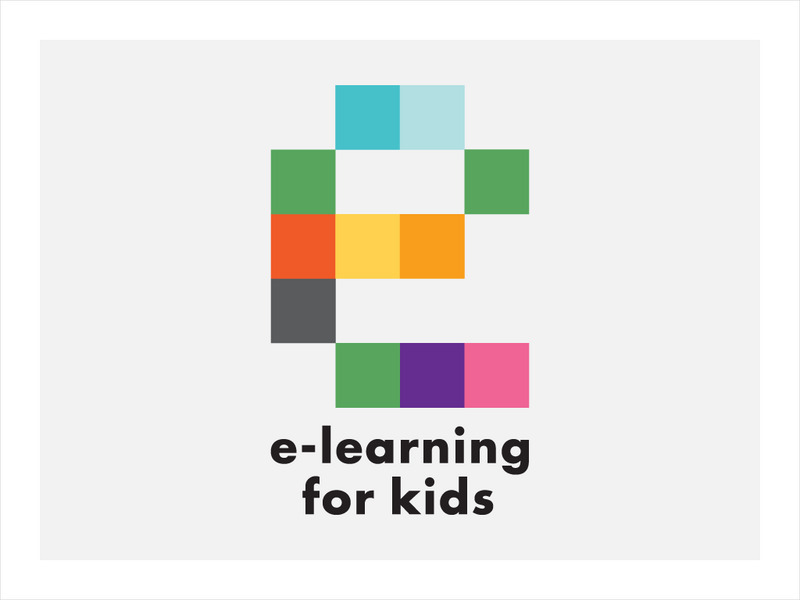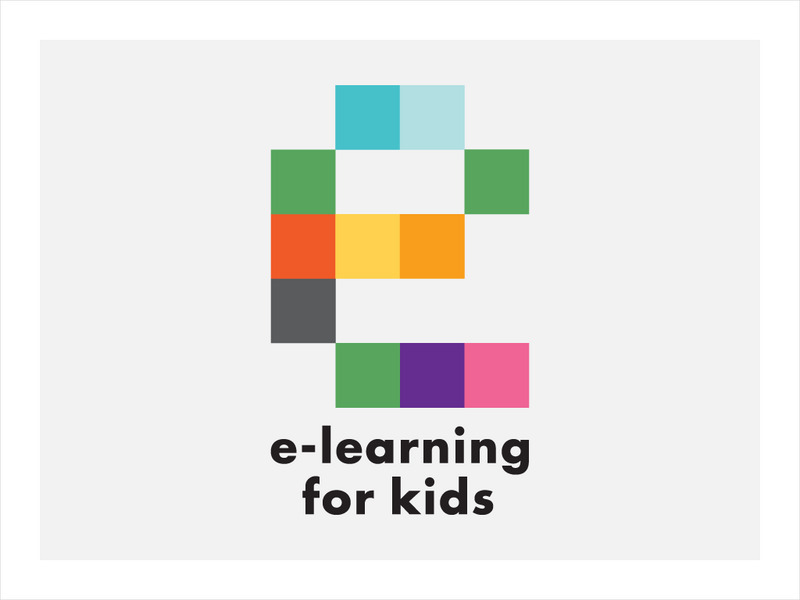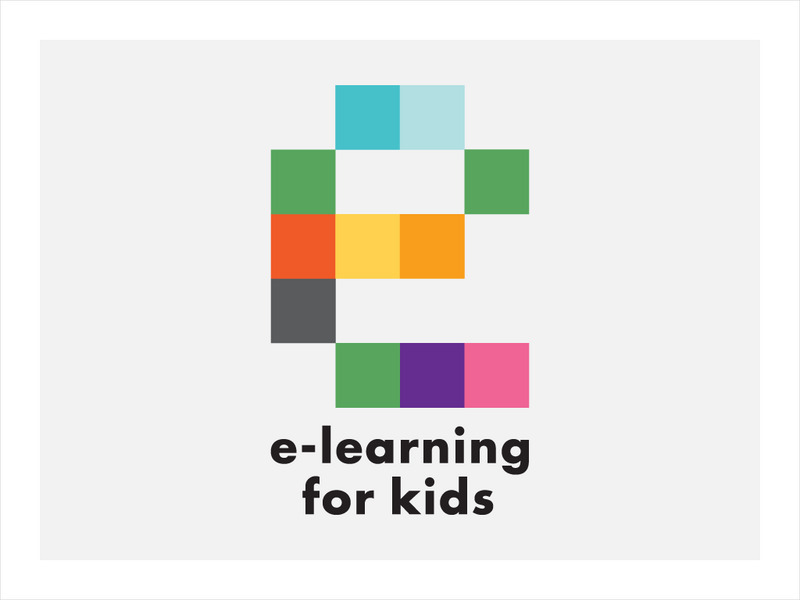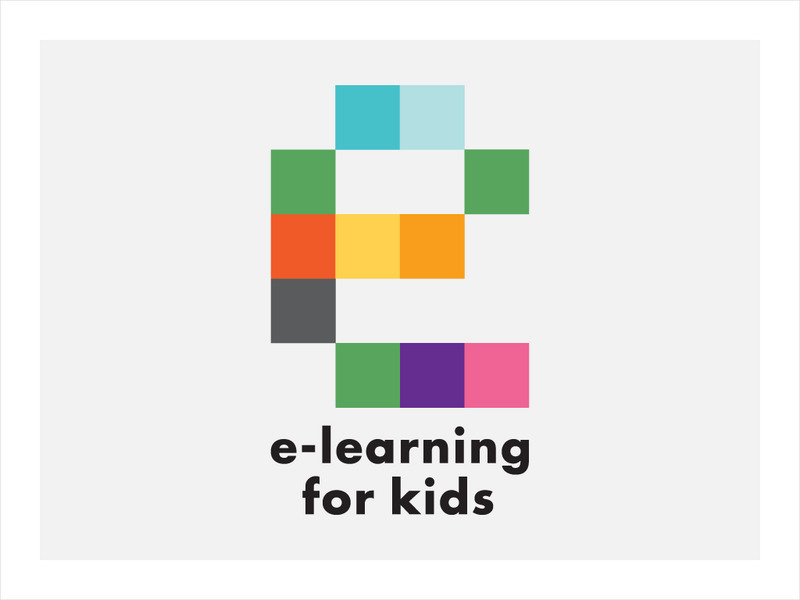E-learning for Kids
E Learning for Kids: Science: Hawaii Tiki Lounge: How Can We Protect Our Senses?
Learn about the five senses and how to protect them from harm.
E-learning for Kids
E Learning for Kids: Science: Easter Island: Senses: Observation of Living Familiar Things
Students investigate how the senses are used to make observations about objects and things in the environment.
E-learning for Kids
E Learning for Kids: Science: Bikini Atoll: Senses: Observation of Familiar Materials and Objects
Students use their senses to identify and describe objects.
E-learning for Kids
E Learning for Kids: Science: Christmas Island: What Do Animals Eat?
This lesson teaches students the three different types of diets animals may have - herbivore, carnivore, and omnivore.
E-learning for Kids
E Learning for Kids: Science: Antarctica: Which Types of Sounds Do You Know?
For this lesson, students learn about the five senses, identify objects that make sound, and take a fun fact quiz at the end.
E-learning for Kids
E Learning for Kids: Science: Norway: What Are Some Types of Rocks?
Astrid lives in Norway, and really likes Viking ships and rocks. She is visiting a Viking museum, and needs help learning about different types of rocks, where rocks come from, and the different characteristics of rocks.
E-learning for Kids
E Learning for Kids: Science: Mediterranean Sea: What Are Reversible and Irreversible Changes?
Students will learn about reversible and irreversible changes in materials in this lesson.
E-learning for Kids
E Learning for Kids: North Pole: What Are Some New Materials We Can Get From Natural Materials?
Oscar is on a holiday cruise with his parents to see the North Pole. During this trip, Oscar sees lots of different objects which are made of different materials. Discover facts about these materials, learn about the importance of...
E-learning for Kids
E Learning for Kids: Science: Denmark: What Are Light and Darkness?
In this module, students learn about the different sources of light, what causes darkness, and about shadows.
E-learning for Kids
E Learning for Kids: Science: Fishing Boat: What Are the Parts of a Plant?
Explains the basic parts of plants followed by a short quiz.
E-learning for Kids
E Learning for Kids: Science: North Sea: What Types of Materials Are Out There?
In this lesson, students learn about what objects are made from and the origins of the materials.
E-learning for Kids
E Learning for Kids: Science: Seychelles: What Is the Solar System?
In this lesson, students learn about the planets, their moons, asteroids, comets, and dwarf planets in our solar system.
E-learning for Kids
E Learning for Kids: Science: Antarctica: When Were Cells First Discovered?
Students learn about the parts of a cell and how they were first discovered. Includes a fun fact quiz at the end.
E-learning for Kids
E Learning for Kids: Science: Antarctica Research Center: What Do Cells Do?
For this lesson, students learn about the specialization of cells to perform different functions, and how they are organized into tissues and organs in the human body.
E-learning for Kids
E Learning for Kids: Antarctica Fishing Boat: Where Do Sounds Come From?
In this lesson, students explore where sounds come from and the different sounds that animals make.
E-learning for Kids
E Learning for Kids: North Sea: How Do We Measure the Intensity of Light?
Students learn in this lesson about light intensity and the units used to measure it, the reflection of light, and how the amount of light can be increased using more lightbulbs.
E-learning for Kids
E Learning for Kids: Science: Atlantic Ocean: What Is the Water Cycle?
Explains the three states of water, how the water cycle works, and the role of temperature. Includes a fun fact quiz.
E-learning for Kids
E Learning for Kids: Mediterranean Sea: What Sort of Energy Is Provided by the Sun?
Lorani is a mermaid who lives underwater in the ocean. What she loves most in the world is the sun. Join her and learn about the sun, too.
E-learning for Kids
E Learning for Kids: Science: Greece: What Can Electricity Do?
Alex is an actor in a play. Help him figure out which items use electricity so he can make sure everything is ready for the play.
E-learning for Kids
E Learning for Kids: Science: Kaap De Goede Hoop: Why Do Changes in State Take Place?
Zander is on a camping trip. Join him, and help him learn about boiling and melting points.
E-learning for Kids
E Learning for Kids: Science: Seychelles: What Is a Force?
Cody the tour guide is learning about forces on the island. Try to help him learn about pushing and pulling.
E-learning for Kids
E Learning for Kids: Science Underwater City: What Are Good and Poor Conductors of Heat?
John and Jessi are going underwater, and they need to stay warm. Help them learn about conductors of heat so they can stay warm.
E-learning for Kids
E Learning for Kids: Science: Loch Ness: What Properties Do Materials Have?
This lesson looks at how the physical properties of materials determine how they can be used, and students decide which materials are strong, hard, soft, or transparent.
E-learning for Kids
E Learning for Kids: Science: Alexandrian Lighthouse: What Is a Force?
Learn to identify when a force is being exerted, the different types of forces, and the size and direction of a force.



